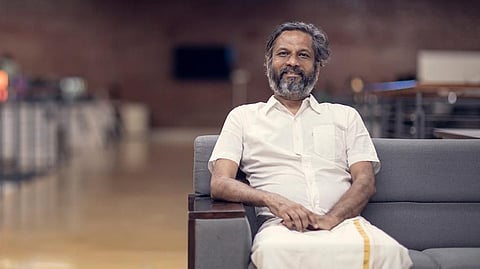Why Silicon Valley billionaire Sridhar Vembu returned to rural India
Sridhar Vembu, the CEO of the $1-billion Zoho Corporation, tells Anand Raj OK why he decided to shift from the US to a tiny remote town in Tamil Nadu, how it has improved his and his staff’s wellbeing and how he is making a major difference in the education sector with his brand of schools
Last updated:
8 MIN READ

Up Next




